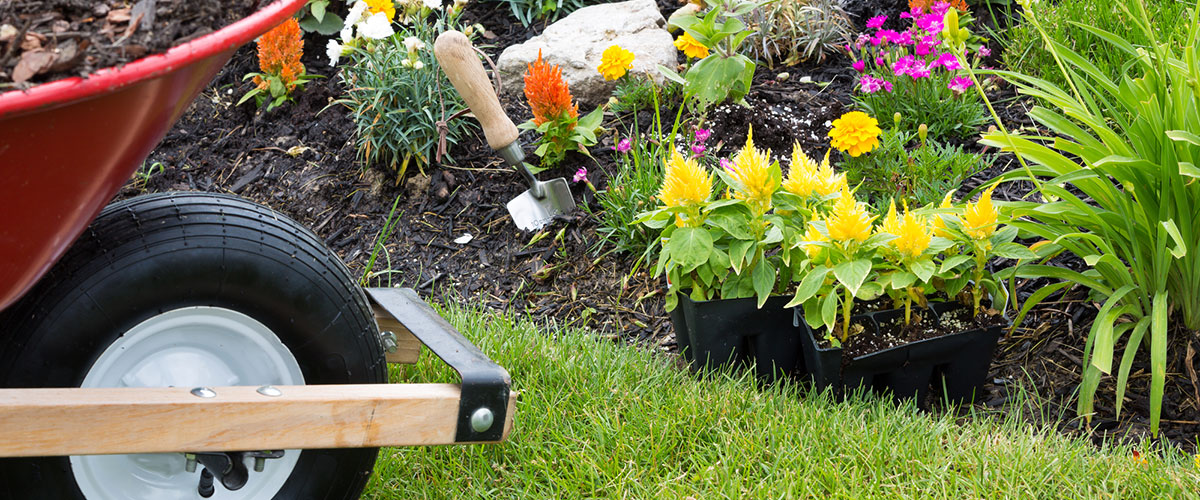Specialty plants offer lots of unique personality to a yard and indoor space but they can also be somewhat difficult to grow. Note a few tips and mistakes to avoid when it comes to specialty houseplants and outdoor plants on your property so they grow and thrive as easily as possible.
Bonsai plants often wilt and wither under full sunlight so ensure you keep them someplace with filtered light, just bright enough to read but not overly sunny or warm. Bonsai plants also do well when the soil is moist constantly, so check the soil often and water lightly but regularly. Ensure the water drains away at the bottom of the pot so the roots of the bonsai are not flooded and soggy.
A bonsai plant needs lots of fresh air, so avoid keeping it indoors. You also want to give your bonsai plant seaweed extract on a regular basis, to keep it fed and healthy.
Japanese maple trees are an excellent way to add a bit of height and color to your landscaping beds without overwhelming the space. To keep these trees in good condition, avoid overly dry soil but also avoid frequent and shallow watering, as this leads to shallow roots that cannot draw enough moisture from the ground.
Heat reflected off white paver stones and other such sources will also scorch the leaves of Japanese maple trees. It’s also good to apply mulch around a Japanese maple tree, to keep the soil cool. There are also many varieties of Japanese maple and they all have varying sunlight needs and tolerances, so choose a variety according to the area on your property where it will be planted.
A water garden is an excellent way to add both greenery and a water feature to your yard. Note that most plants used for water gardens need several hours of direct sunlight, so choose the location of your feature carefully. If you cannot ensure that much sunlight for your water garden, opt for plants that thrive in shady conditions. Ensure that a good 50% to 60% of the water’s surface is covered with plants, to keep the water from evaporating.
While plants in pots are easier to control, remember that floating plants remove contaminants from the water and keep it healthy. Mix your choice of plants between the two, for the most success in keeping your water garden thriving. Ensure you also introduce some fish to your water garden so they eat insects harmful to plants, but only enough to stay healthy in the size of water body you choose.

